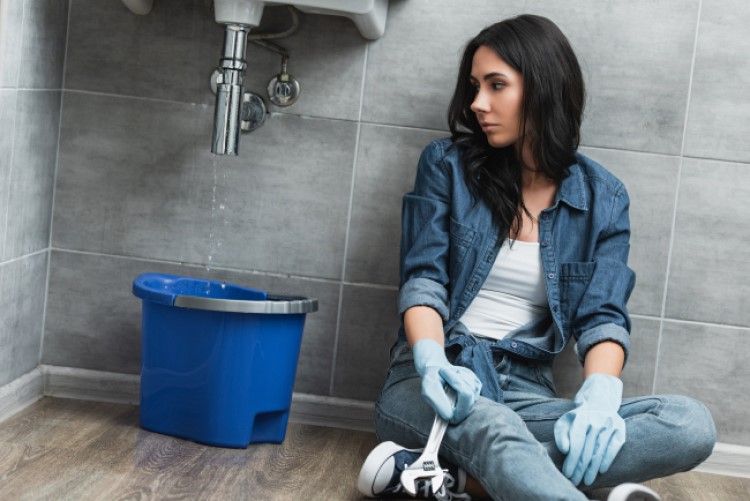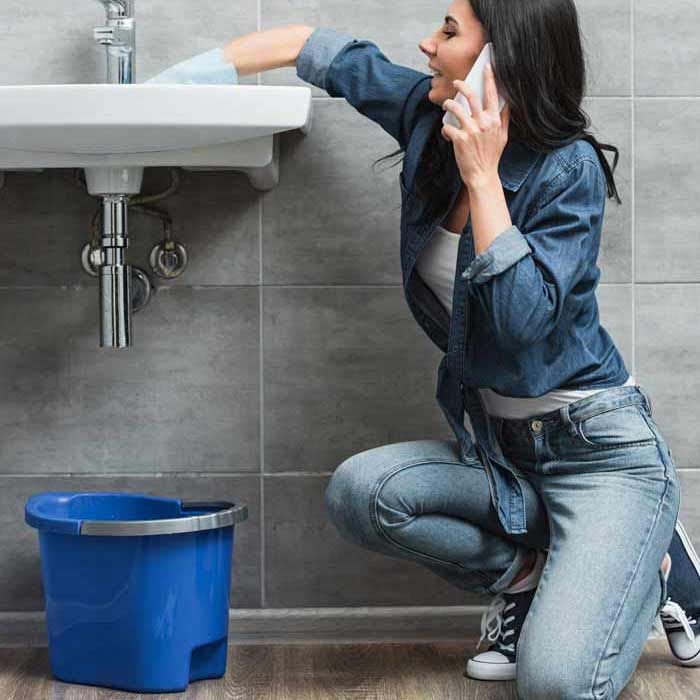
Dear Pete,
I just wanted to say a huge thank you for the advice you gave me about finding a good plumber here in Melbourne. You’ve always been the kind of neighbour and friend who knows exactly who to call and when, and this time your tip may have saved me from a major household disaster.
I took your recommendation and called the plumber straight away. They arrived with professional gear — a CCTV camera to look deep inside the pipes and a high-pressure water jetter to blast the blockage. It turned out my slow-draining kitchen sink wasn’t just a minor clog; it was a thick buildup of grease and food scraps lodged so far down the line that my plunger and supermarket drain cleaner never stood a chance.

While they were there, they also spotted corrosion on a section of pipe and replaced it before it failed. The plumber told me that if we’d left it any longer, the pipe could have burst at any time, flooding the kitchen and damaging the floors, cabinetry, and possibly the rooms beyond.
That conversation got me thinking — there’s a lot most of us don’t know about drains, and sometimes our DIY attempts can actually make things worse. So, in your honour, here’s what the professionals say we should all keep in mind.
1. Not All Clogs Are the Same
Hair, grease, food scraps, tree roots, and collapsed pipes each require different solutions. What works for soap buildup won’t clear a grease plug or a toy stuck in the line.
2. Chemical Drain Cleaners Can Make Things Worse
Harsh cleaners can corrode pipes, damage seals, and kill beneficial bacteria — and they often only give temporary relief while the real problem stays hidden.
3. DIY Efforts Can Push the Blockage Deeper
Without the right tools, plunging can compact the blockage or send it further down, making it harder to remove. Professionals use snakes, CCTV cameras, and jetters to get it right the first time.
4. Prevention Is Cheaper Than Repairs
Use drain screens, avoid pouring oil or grease down sinks, dispose of hygiene products in the bin, skip “flushable” wipes, and run hot water after using the sink to help keep pipes clear.
5. Recurring Clogs Could Mean Bigger Problems
Ongoing blockages may point to issues in the main sewer line, like tree roots or misaligned pipes, which need professional repair.
6. Jet Blasting Isn’t Just for Emergencies
High-pressure jetting removes years of buildup and works for preventive maintenance — not just urgent blockages.
7. Get Help Early to Save Money
Small problems left unchecked can turn into major repairs. Early intervention is often far cheaper than waiting for a crisis.
Final Thought
Thanks to your advice, my kitchen is now running smoothly, my pipes are in good shape, and I’ve picked up a few habits that will help keep it that way. More importantly, I’ve been reminded how much a timely tip from a good friend can save you from stress, mess, and a massive bill. Coffee and cake are definitely on me next time we catch up.

What Professional Plumbers Want You to Know About Fixing Drains





